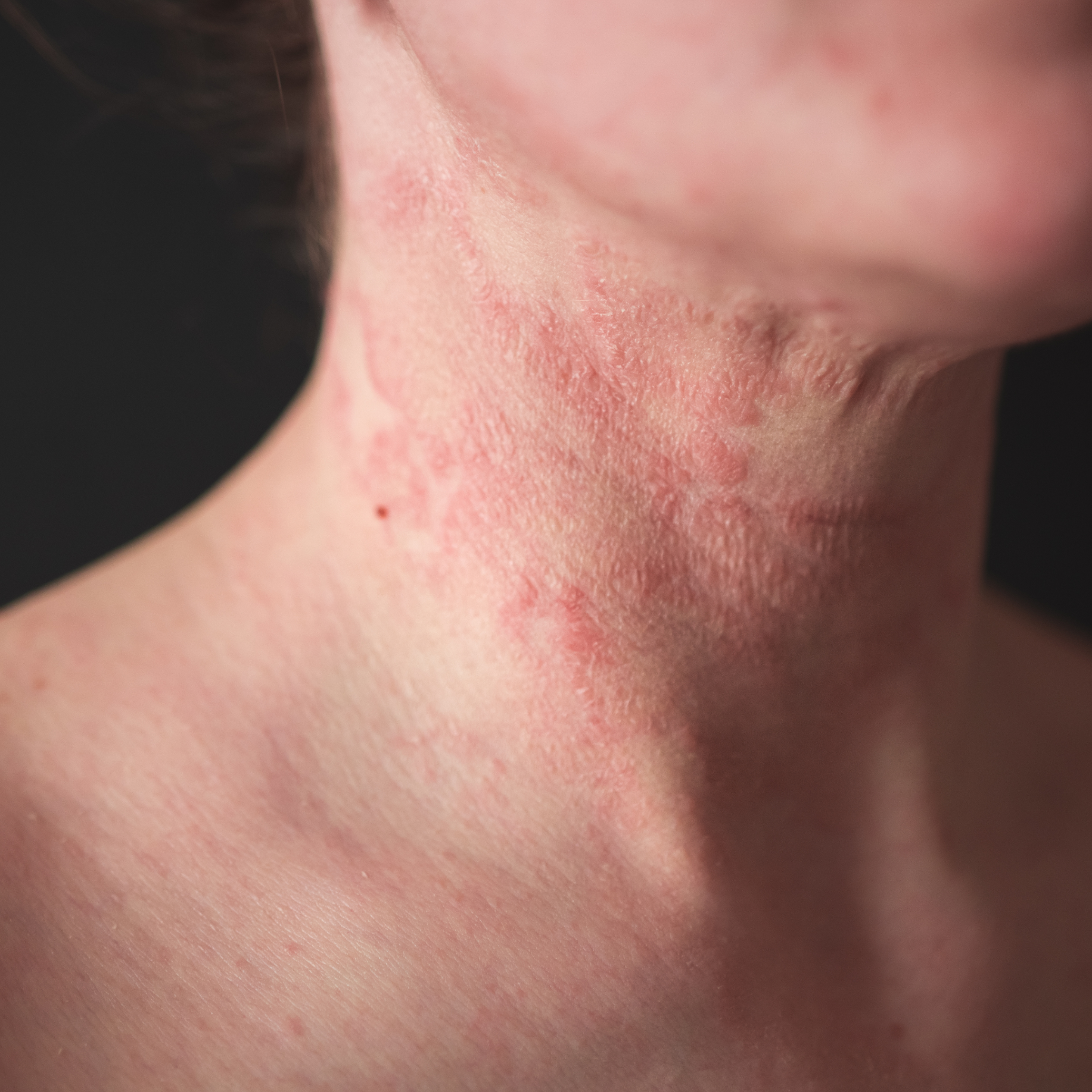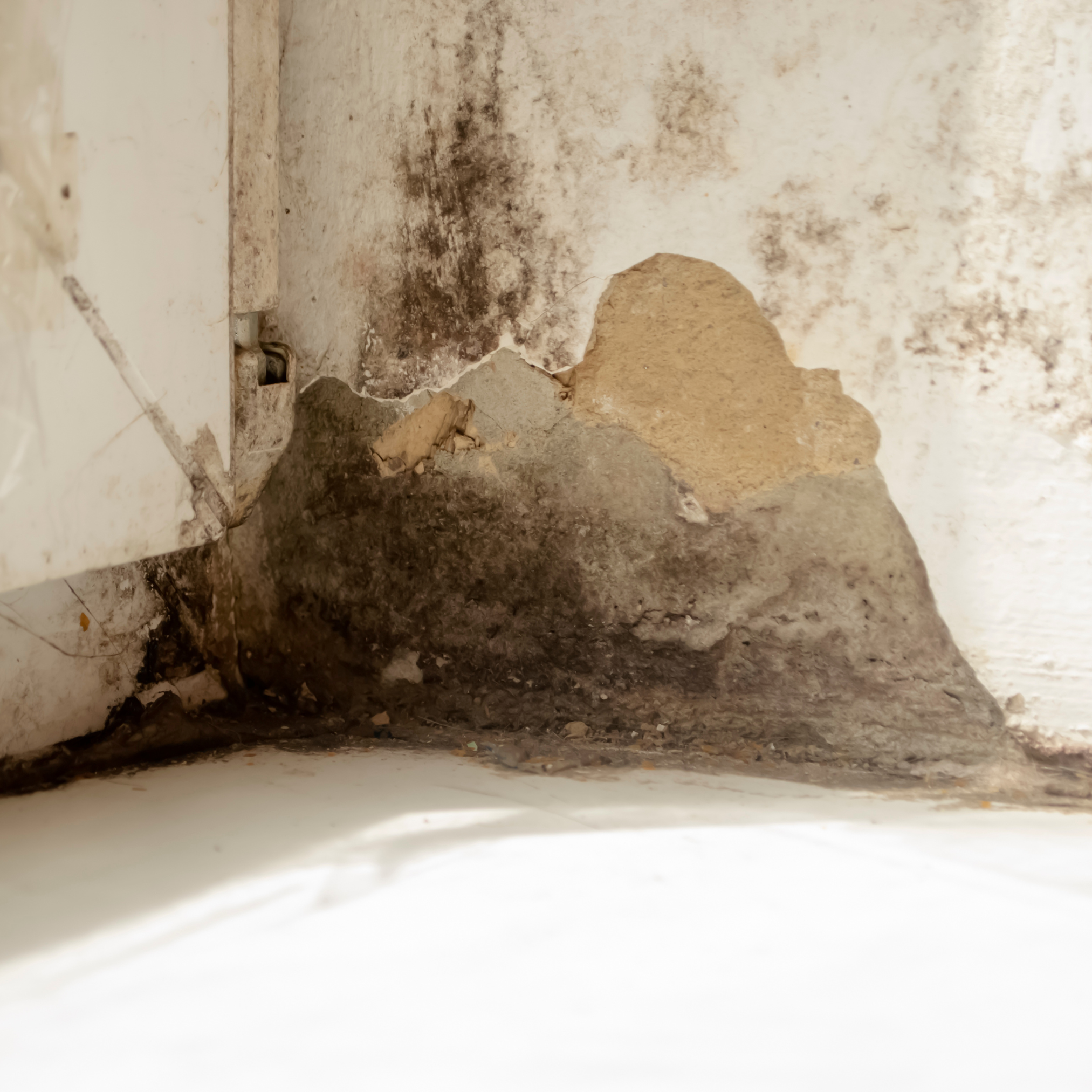
5 Surprising Causes Of Adult Acne
Often acne, eczema and other skin concerns are not strictly skin problems, they are usually a sign of a problem from within. Your skin is a direct reflection of the health of your body: if your body is healthy, then your skin will be too. In order to improve our complexion, we must find out the root cause of the acne.
5 MAIN CAUSES OF ACNE
Stress increases cortisol in the body, which can result in acne for two reasons. Firstly, cortisol directly increases the production of excess sebum by sending the sebaceous glands into overdrive. The sebum, combined with dead skin cells and bacteria, blocks pores which results in acne.
Secondly, cortisol damages collagen and lowers the production of naturally occurring hyaluronic acid, which results in dehydrated skin. When the skin is dehydrated it produces even more sebum as an attempt to rehydrate, which will result in further breakouts.
Yoga, mindfulness, meditation, exercise, and quality sleep can all help reduce the effects of chronic stress.
Caffeine and other food can increase cortisol levels, whilst anti-inflammatory diets can help reduce these levels.
If you think stress may be contributing to acne, you can have this confirmed by testing your cortisol levels to give an accurate picture of your stress levels. The Cortisol Test that I recommend can be found on my Shop.

An unhealthy gut has a huge impact on your overall health, which is inevitably reflected in your skin. Therefore, if your gut isn’t happy, your skin won’t be either – this will most often show in acne, eczema and rosacea.
Acne is a result of unclean blood, which often occurs to your gut not functioning as it should. If you have a ‘leaky gut’ then it will leak bacteria and toxicities into the blood which will be pushed out through the skin, resulting in acne.
Other symptoms of poor gut health are bloating, cramping, inconsistent stools, and mental health issues.
However, please bear in mind that I have worked with hundreds of clients that showed no digestive issues but their lab tests showed high levels of yeast/candida and bacterial overgrowth in the gut. That’s when genetics come into play! Different symptoms but the same root cause!
Running an at-home organic acid test is the best way to find out. Stool tests are great but they are not an accurate indication of yeast overgrowth since a lot of it dies by the time the stool arrives at the lab.
Unsurprisingly, hormones are usually at the root of hormonal cystic acne. If you have higher levels of testosterone or progesterone in your body, then you are more likely to get skin impurities.
Oestrogen and progesterone fluctuate during a menstrual cycle, which is why many females notice that they are more prone to spot outbreaks at certain times of the month. Understanding your hormones throughout the month can help you manage your diet and lifestyle to accommodate the changing levels.
Testing is the best way to find out if you have a hormonal imbalance, the Comprehensive Hormonal Test on my Shop can give you an overview of your hormones, which will give you insight into what could be causing your acne. This test will also measure your cortisol – so you will be getting two in one!
If you are on a hormonal contraceptive that is progesterone based, it might be causing acne and would be worth looking into non-hormonal contraceptives. If you can’t change the birth control method, then you could look at your diet and lifestyle and see if this could be balanced another way.

Most assume that they know their food sensitivities and intolerances due to whether they have an instant reaction to that food type, such as bloating or cramping.
However, IgG food sensitivities have a delayed response, and reactions may not occur until a couple of days later. These reactions are often shown in the skin, after the food has upset the gut and the toxin has been shown in the skin.
Food sensitivities are different for everyone and could be anything from a tiny ingredient to a whole food group.
The best way to know is to test. A good quality igG food sensitivity test will tell you exactly what foods do not agree with your body right now.
Alternatively, you could follow a protocol that will help you find out what foods you’re sensitive to. I use my GI Protocol with clients and it works incredibly well because it combines a very specific elimination diet with a sensitive nutrition plan.
THE BOTTOM LINE
The skin reflects your body’s overall health, so if you are suffering from acne then your body is trying to tell you that something isn’t functioning exactly as it should.
This may be a result of chronic stress, your diet, a hormonal imbalance, birth control, poor gut health or a combination of all four. Stress and diet both directly affect your gut, so it is worth focusing on improving the health of your gut. Once your gut is happier, your skin will be too.
If you’re certain that your gut is to blame, then I highly recommend following a protocol that will work on candida, bacterial overgrowth (SIBO) and increased intestinal permeability. I’ve been using my GI protocol on hundreds of clients around the world with excellent results.
However, if you’re not sure what exactly is contributing to your acne, I highly encourage you to run a comprehensive hormonal test and an organic acid test. You can then take the results to myself or another professional that you trust to interpret them and create a tailored wellness plan based on the data. Is it estrogen dominance? Is it high cortisol? Is it candida? Is it SIBO?
You’ll never know if you don’t test!
Have a look at some of the incredible skin transformations of real people that I’ve worked with, either in my Private Practice or those who have followed my GI protocol, here!

Follow Our Instagram For Exclusive Content








Leave a comment